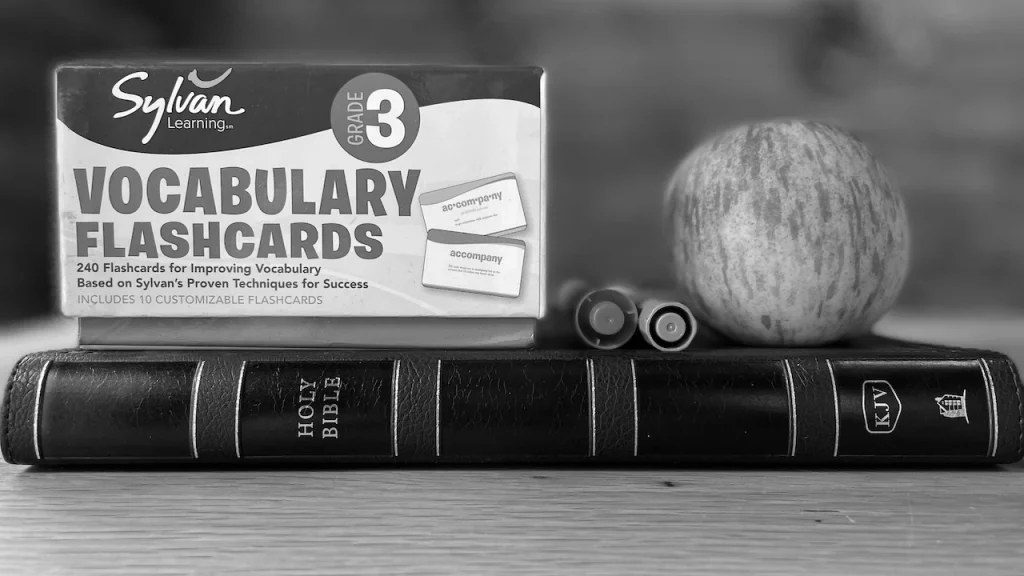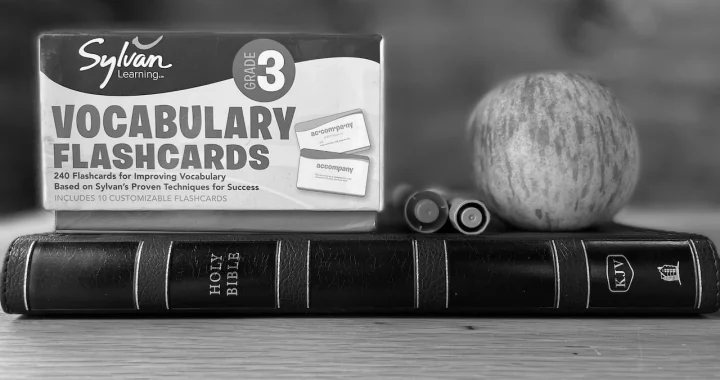How to Homeschool in Virginia (step by step)

If there is one thing that you could do today to make you and your family more free, it would be to pull your children out of the public school system and star home schooling.
Homeschooling offers families the opportunity to craft an education tailored to their children’s unique needs, interests, and values, but without the politics, distracts and indoctrination.
In Virginia, the process is straightforward and every family is legally allowed to homeschool their children no matter the circumstance.
Virginia Home School Law
Virginia’s homeschooling laws are designed to give parents the flexibility and authority to direct their child’s education. Local school districts in Virginia do not have the legal authority to “grant” you permission. Under Virginia Code § 22.1-254.1, parents have the legal right to homeschool as long as they meet one of the following conditions:
Qualifications for Homeschooling
Virginia law recognizes four qualification pathways for parents to homeschool:
- High School Diploma or Higher (Including GED)
Parents must hold a high school diploma or an equivalent degree.
Quoted Law: “Any parent who elects to provide home instruction in lieu of school attendance shall provide evidence that the parent holds a high school diploma or a higher degree.” - Teacher Certification
Parents may qualify if they hold a valid Virginia teaching certificate.
Quoted Law: “Evidence that the parent is a teacher of qualifications prescribed by the Board of Education in the state in which the parent resides.” - Correspondence or Distance Learning Enrollment
Parents may enroll their children in a correspondence course or distance learning program.
Quoted Law: “Evidence that the parent has enrolled the child or children in a correspondence course approved by the Superintendent of Public Instruction or a distance learning program.” - Demonstration of Ability to Provide Education
Parents without formal qualifications may submit a written statement explaining their ability to provide an adequate education.
Quoted Law: “A program of study or curriculum which includes the objectives for each subject taught.”
Notification Requirements
Parents must notify their local school division superintendent of their intent to homeschool by August 15 of each year. The notification must include:
- Names and ages of children (no birth dates needed)
- Qualification method.
- A description of the educational program, such as a curriculum outline.
Quoted Law: “Notification shall be made to the division superintendent no later than August 15 preceding the school year.”
Step By Step
1. Understand Your Rights and Responsibilities
Start by familiarizing yourself with the Virginia homeschooling laws. The framework is simple, and compliance is achievable for most families.
2. Submit Your Notice of Intent (NOI)
Prepare and submit your Notice of Intent to your local school division superintendent by August 15. Include a brief description of your curriculum, which can be as simple as listing the subjects you plan to teach.
You should download, print and fill out the NOI form provided by the Home Educations of Association of Virginia. Remember, you are not getting permission, you are giving notice. Download the form here.
3. Choose a Curriculum
Virginia does not mandate a specific curriculum, giving you the freedom to select materials that align with your child’s learning style and your family’s values. Options range from structured programs to flexible, child-led approaches.
4. Teach Your Child
Set up a consistent schedule and create a learning environment at home. You have the liberty to integrate hands-on experiences, outdoor education, and real-world applications, making learning engaging and meaningful.
5. Track Progress
Each year, demonstrate your child’s progress using one of the approved methods:
- Standardized test scores showing the child is at or above the 23rd percentile.
- An evaluation or portfolio review conducted by a qualified professional.
6. Renew Your Intent Annually
Continue submitting your NOI and evidence of progress every year.
Conclusion
Homeschooling in Virginia empowers parents with the ultimate freedom in education. By allowing families to determine what, how, and when their children learn, it breaks free from the constraints of a one-size-fits all system.
Remember, you are not asking for permission, you are giving notice!


